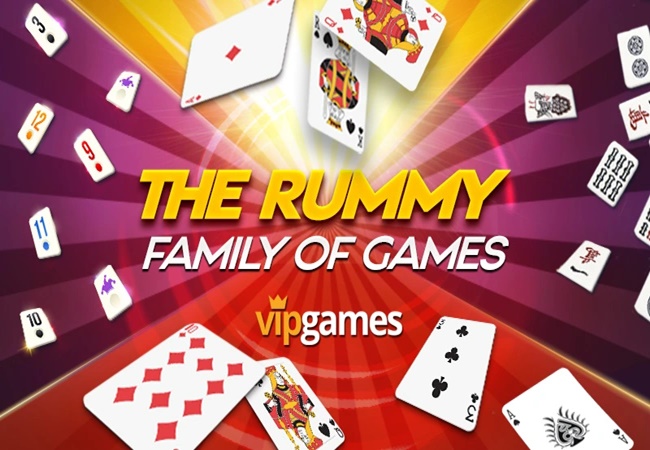Rummy Games: The Ultimate Handbook for Enthusiasts
Indian Rummy games have endured as timeless classics in the realm of card gaming, captivating enthusiasts with their blend of strategy, skill, and excitement. From casual family gatherings to competitive tournaments, rummy transcends generations and cultures, offering a versatile and engaging pastime for players of all ages. This handbook delves into the rich tapestry of rummy games, exploring their origins, rules, strategies, and cultural significance.

Origins and Evolution of Indian Rummy
The roots of rummy can be traced back to the early 20th century when it gained popularity in the United States. Its precursor, Conquian, originated in Mexico in the 19th century and laid the foundation for the modern game of rummy. Over time, rummy diversified into various popular variants such as Gin Rummy, Indian Rummy, and Rummy 500, each with its own unique rules and gameplay dynamics.
Understanding the Basics
At its core, rummy, including Teen Patti, is a game of matching cards and forming sets or runs. Players aim to meld their cards into valid combinations, typically consisting of sets (three or four cards of the same rank) or runs (three or more cards in sequence of the same suit). The objective varies by variant but often involves scoring points based on the value of unmatched cards in hand when someone goes out.
Popular Variants
- Gin Rummy: Known for its fast-paced gameplay and strategic depth, Gin Rummy requires players to form melds quickly and efficiently. The game is often played to a certain score, with players aiming to reduce their deadwood (unmatched cards) before their opponents.
- Indian Rummy: Widely played in South Asia, Indian Rummy involves making sequences (runs) and sets with the goal of forming valid combinations before opponents. It’s a game of skill and strategy, often played for stakes in social settings.
- Rummy 500: A variant popular in North America, Rummy 500 introduces elements of betting and scoring based on the value of cards melded. Players can lay off cards onto existing melds, adding layers of tactical decision-making to the gameplay.
Strategies and Tips
Mastering rummy requires a blend of strategic thinking, card counting, and risk assessment. Experienced players often focus on minimizing deadwood, discarding strategically to confuse opponents, and observing the cards picked and discarded by others. Recognizing patterns and anticipating opponents’ moves are crucial skills for success in competitive rummy.

Cultural Impact
Beyond its gameplay mechanics, rummy holds cultural significance in many regions. In India, for example, rummy is not just a game but a social activity that fosters camaraderie and friendly competition during festivals and gatherings. In the West, rummy has been portrayed in literature and films, reflecting its enduring appeal and its role in social bonding.
Tournaments and Online Play
The advent of online platforms has brought rummy to a global audience, enabling enthusiasts to compete in virtual tournaments and hone their skills against players from around the world. Online rummy platforms offer convenience, variety, and opportunities to learn from experienced players through tutorials and practice sessions.
Etiquette and Fair Play
Like any game, rummy is governed by etiquette and rules of fair play. Players are expected to adhere to the rules of the variant being played, respect opponents, and maintain sportsmanship throughout the game. Clear communication and mutual respect enhance the enjoyment of rummy as a recreational activity.
Conclusion
Rummy games continue to thrive as cherished pastimes for millions of players worldwide, offering a blend of skill, strategy, and social interaction. Whether played casually among friends or competitively in tournaments, rummy remains a testament to the enduring appeal of card games. This handbook serves as a comprehensive guide for enthusiasts looking to deepen their understanding, improve their gameplay, and discover the rich traditions and strategies that make rummy an ultimate classic in the world of card gaming.





